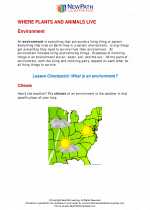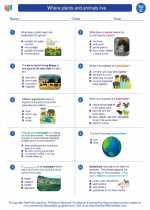Proteins
Proteins are large biomolecules, or macromolecules, consisting of one or more long chains of amino acid residues. They perform a wide variety of functions within organisms, including catalyzing metabolic reactions, replicating DNA, responding to stimuli, and transporting molecules from one location to another.
Structure of Proteins
Proteins are made up of long chains of amino acids. There are 20 different types of amino acids that can be combined to make a protein. These amino acids are joined together by peptide bonds, forming a polypeptide chain. The sequence of amino acids in a protein determines its structure and function.
Functions of Proteins
Proteins have a wide range of functions in the body. Some of the important functions of proteins include:
- Enzymes: Proteins act as biological catalysts, speeding up chemical reactions in the body.
- Structural support: Proteins provide structure and support to cells, tissues, and organs.
- Transport: Some proteins help transport molecules, such as oxygen, throughout the body.
- Immune function: Antibodies are proteins that help the body defend against foreign invaders.
- Hormones: Some proteins act as hormones, regulating various physiological processes.
Sources of Protein
Proteins are found in a variety of food sources, including:
- Meat and poultry
- Fish and seafood
- Dairy products
- Eggs
- Legumes (such as beans and lentils)
- Nuts and seeds
- Soy products
Study Guide
To study proteins, it's important to understand their structure, functions, and sources. Here are some key points to focus on:
- Learn the structure of proteins, including the role of amino acids and peptide bonds in forming polypeptide chains.
- Understand the various functions of proteins in the body, and be able to provide examples of proteins that serve each function.
- Identify sources of protein in the diet and understand the importance of including protein-rich foods in a balanced diet.
- Explore the role of proteins in specific physiological processes, such as muscle building, immune function, and enzyme activity.
By mastering these concepts, you'll have a solid understanding of the importance of proteins in biological systems.
.◂Science Worksheets and Study Guides Third Grade. Where plants and animals live

 Worksheet/Answer key
Worksheet/Answer key
 Worksheet/Answer key
Worksheet/Answer key
 Worksheet/Answer key
Worksheet/Answer key
 Vocabulary/Answer key
Vocabulary/Answer key
 Vocabulary/Answer key
Vocabulary/Answer key
